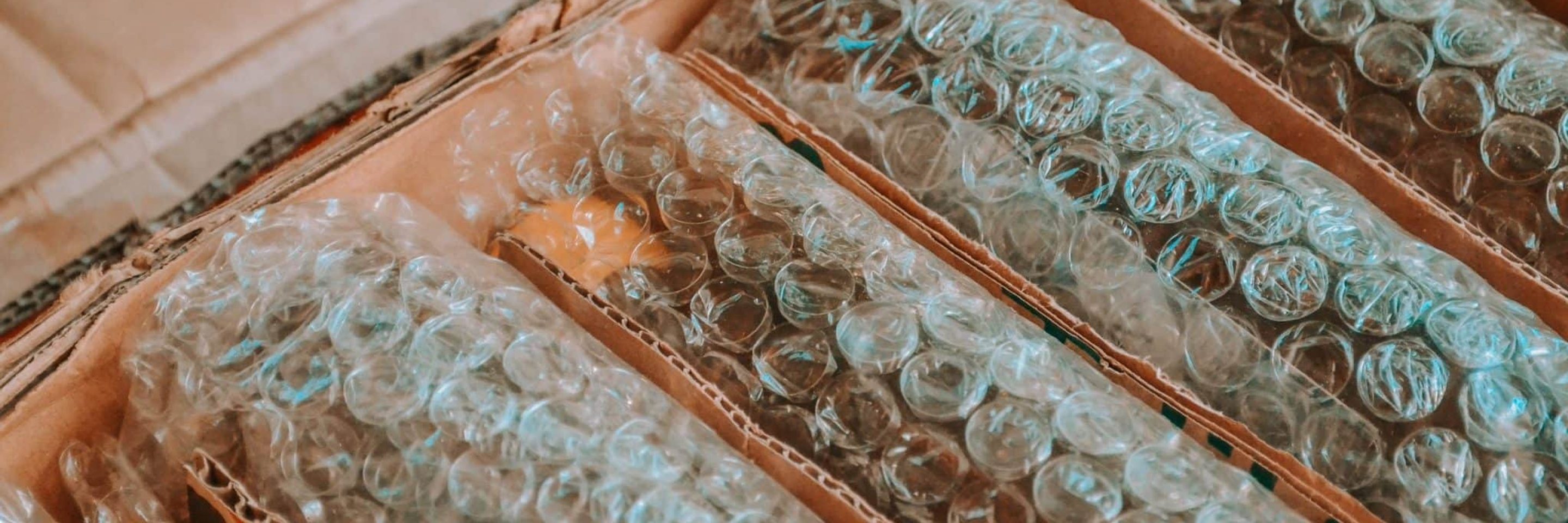
The UK’s new plastic packaging tax is set to catch out many businesses because of requirements to register – ala Brexit – and the burden of proof is on importers and manufacturers.
Single-use plastic packaging has long been accepted as a necessary part of food supply chains but it is estimated that it creates about 130 million tons of waste each year.
As the world started to consider its carbon footprint in the 2010s, the United Kingdom proposed a new tax with the aim of increasing the use of recycled plastics in packaging – a tax that comes into force on April 1, 2022.
This is, in part, a response to the EU’s ‘packaging and packaging waste’ strategy which has been in development for a number of years. The EU’s tax was introduced from January 1 2021 at a uniform rate of €0.80 per kilogram. Italy and Spain have announced a new plastic tax which will also be introduced in 2022 but will be based on a rate of €0.45 per kilogram.
In the UK, the new Plastic Packaging Tax will be calculated at £200 per metric tonne and applies to plastic packaging manufactured in, or imported into the UK, where the recycled plastic content is less than 30%.
For imports, the tax is applied whether or not the packaging contains goods.
Alison Horner, Indirect Tax Partner at MHA, a UK Baker Tilly network firm, says importers must consider the implications of evidencing the plastic content of the imported goods so it can submit accurate data to the UK authorities.
She warns that obtaining satisfactory evidence could be onerous and difficult to obtain, particularly from non-UK suppliers or manufacturers, in which case the importer will become liable to the tax.
There is some good news for smaller businesses who handle plastic packaging as manufacturers and importers who produce/import less than 10 tonnes of plastic packaging per year will be exempt from the tax. The measure anticipates increasing the use of recycled plastic in packaging by about 40%.
Under the new regulations, there are exemptions from the tax where plastic packaging:
- Contains at least 30% recycled plastic, or
- Is packaging which is not predominantly plastic by weight
A key question that remains to be answered is: Will the tax work in its primary aim of reducing single use plastics?
Governments are increasingly exploring ‘sin taxes’ to change consumption behaviour, having seen their effectiveness across many parts of the world in reducing cigarette and alcohol use.
The United States is also assessing a virgin plastics tax and plastics industry representatives believe behavioural change would be minimal and the costs will simply be passed onto consumers, although the US tax revenue would be directed into a Plastic Waste Reduction Fund.
However, it appears revenue from the UK tax is being directed back into general coffers, so it may not necessarily be used to fund new projects aimed at reducing waste and improving technology.
Plastics tax may be a ‘Brexit-like’ headache
Ms Horner says registration for the tax is compulsory, regardless of whether it will apply to a manufacturer or importer.
She says it is becoming clear that proving exemption will be onerous and catch many businesses unawares.
“The regulations are going to catch out a lot of importers, and with the UK now outside of Europe, most businesses are now importers,” she says.
“And it’s not just importers, it’s for UK businesses selling into Europe, so it’s the same on both sides of the channel. This is especially true for businesses who import and resell into the EU. Although there is a credit scheme within the new tax, this could add extra costs into the supply chain which may affect the profitability of the goods.
'‘We were speaking to one client recently who says it’s virtually impossible for them to demonstrate to the authorities that there was more than 30% recycled plastics in their packaging.’'
“Most may not be aware that they need to register, and it’s the penalties and the quarterly returns that will continue to grow the regulatory burden on business.”
Disappointingly, for business leaders who are keen to get in early – registrations are not being taken until the new tax comes into force on 1 April 2022.
Ms Horner says the responsibility is on manufacturers and importers to prove there was at least 30% recycled plastics in their packaging.
“We were speaking to one client recently who says it’s virtually impossible for them to demonstrate to the authorities that there was more than 30% recycled plastics in their packaging,” she says.
“There are different grades of packaging, such as industrial packaging and food packaging.
“Our clients who are involved in international trade and move goods around the world, already have so much to deal with, given the enormous pressures exerted on supply chains at present.
“Many UK and EU businesses are still dealing with the impact of Brexit and the introduction of this plastic packaging tax on top along with this extra compliance and evidencing is going to prolong the Brexit headache.”
Start conversations with stakeholders now
Almost two years post-Brexit, problems linger in and outside the UK, from issues with the correct paperwork to companies facing huge tax liabilities because they haven’t filed their VAT returns.
Ms Horner says there is a danger that businesses who are unaware or ignore the regulations will find themselves caught up in a similar problem with the plastic packaging tax.
Businesses who are shifting goods in and out of the UK need to begin preparing now by reviewing contracts with customers and suppliers, says Ms Horner.
“Goods become liable for the tax on completion of manufacture in the UK, or at the time of import into the UK,” she says.
“Evidence will be needed to confirm quantities of plastic packaging so that this can be audited to satisfy authorities.
“We are assisting clients with this analysis so they can have greater confidence of accurate records to justify exemption or calculate accurate taxable amounts.”
The longer-term challenge for business is to explore packaging that contains less plastic or more recycled plastic, but Ms Horner admits it’s not always that simple.
“We have clients who are already actively looking at whether they can switch to a different type of packaging but it’s not something that can be done overnight.
“The tax has been generally known about for a while, but it was made official in the last budget and there is still not a lot of detail about it.”









